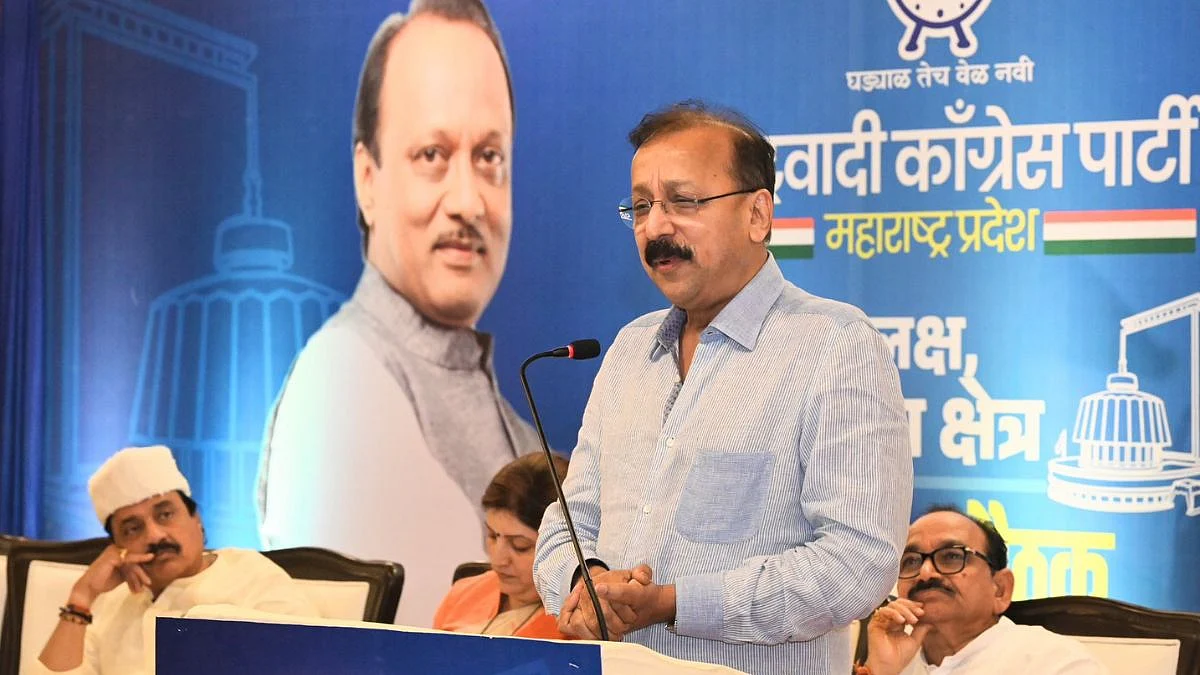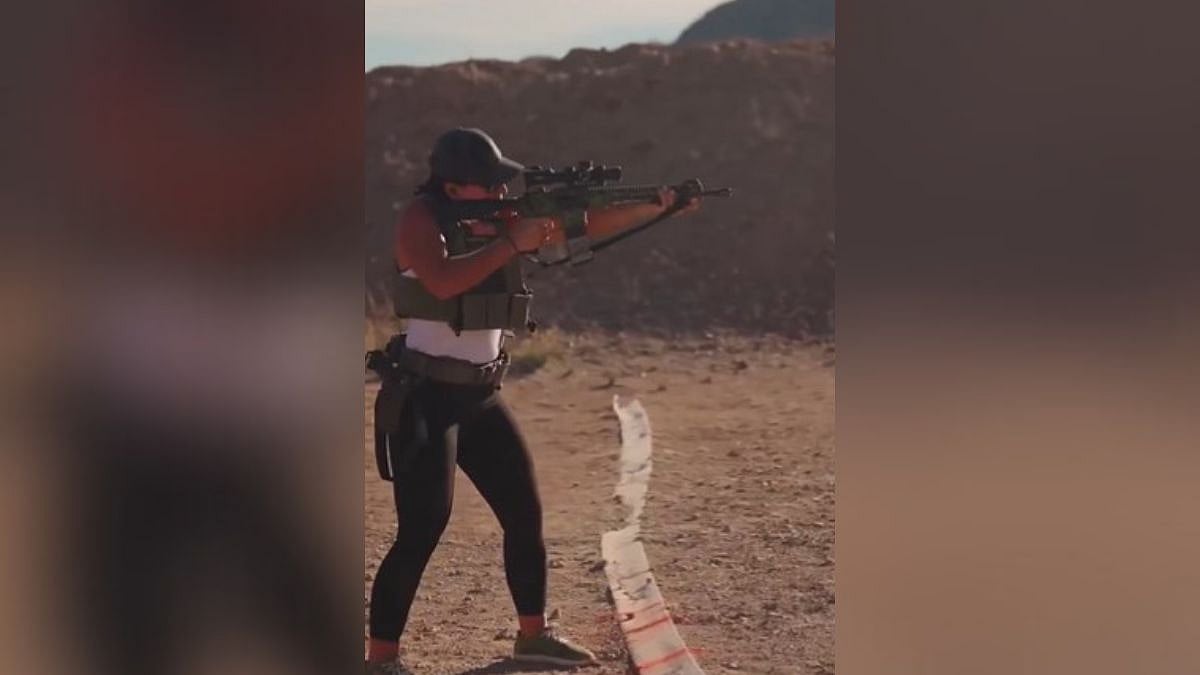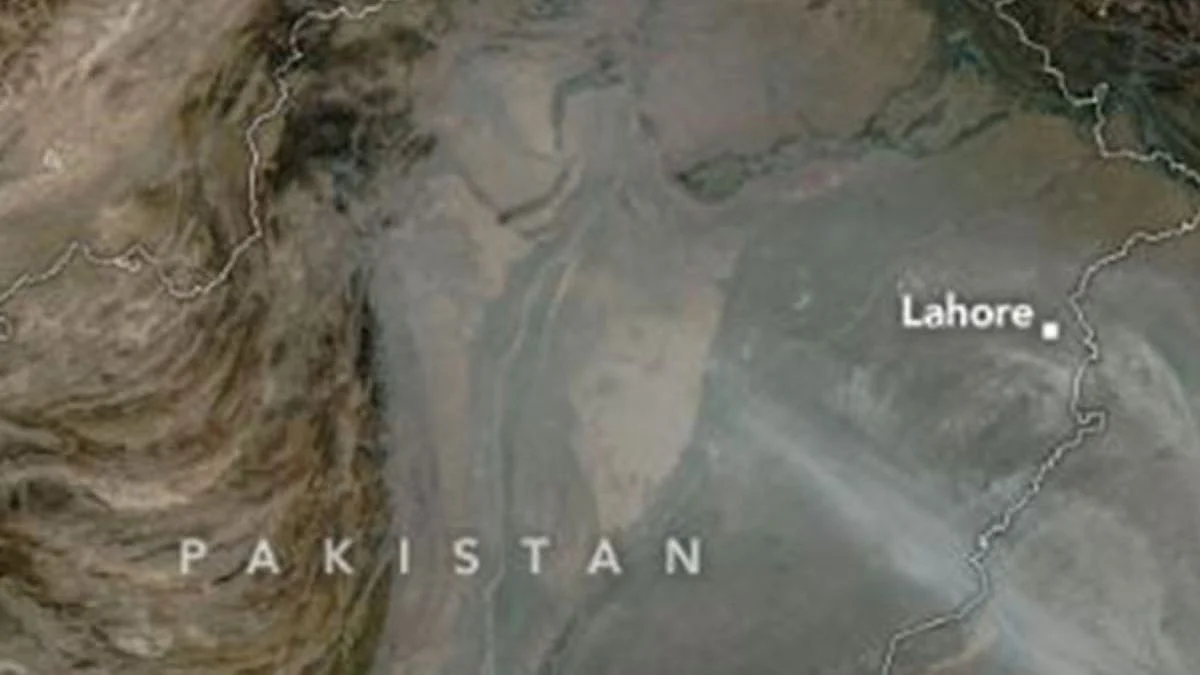The recent killing of Hezbollah leader Hassan Nasrallah in Israeli airstrikes in Beirut has turned attention to Hashem Safieddine, who is seen as a potential successor. Nasrallah, who led the group for 32 years, was confirmed dead in the strike, leaving Hezbollah to navigate the challenge of selecting a new leader amid the most intense military assault the organization has faced in its 42-year history.
Who Is Hashem Safieddine?
Safieddine, who reportedly survived the recent attacks, holds important positions within Hezbollah. As the head of the executive council, he oversees the group’s political affairs and also sits on the Jihad Council, which directs its military operations. A cousin of Nasrallah, he shares a clerical status marked by wearing the black turban, indicating descent from the Prophet Muhammad.
Designated a terrorist by the US State Department in 2017, Safieddine has been known for his aggressive rhetoric, particularly following the death of another Hezbollah commander. According to Reuters, at a funeral, he threatened a major escalation against Israel, warning that “the enemy should prepare to cry and wail.”
His public statements often reflect Hezbollah’s militant ideology and solidarity with the Palestinian cause. During a recent event in Dahiyeh, a Hezbollah stronghold in Beirut, he emphasized, “Our history, our guns, and our rockets are with you,” showcasing support for Palestinian fighters.
Experts note that Nasrallah had been grooming Safieddine for leadership roles within various councils in Hezbollah, some of which are less publicly visible. Phillip Smyth, an authority on Iran-backed militias, highlighted that Safieddine had been given opportunities to speak on behalf of the group, suggesting a deliberate effort to prepare him for a larger role.

Safieddine's familial connection to Nasrallah, his physical resemblance, and his clerical status could bolster his candidacy for leadership. He has also been outspoken against US policy, particularly criticising American actions under the Trump administration. In 2017, he stated that such pressures would not weaken Hezbollah but rather strengthen its resolve.
With Hezbollah facing unprecedented military challenges, the leadership transition will be crucial. Safieddine’s ascent could signal a continuation of Nasrallah’s legacy or a potential shift in strategy as the group responds to external pressures and internal dynamics. As the organisation grapples with the aftermath of Nasrallah’s death, Safieddine’s role will be pivotal in shaping Hezbollah’s future direction.











